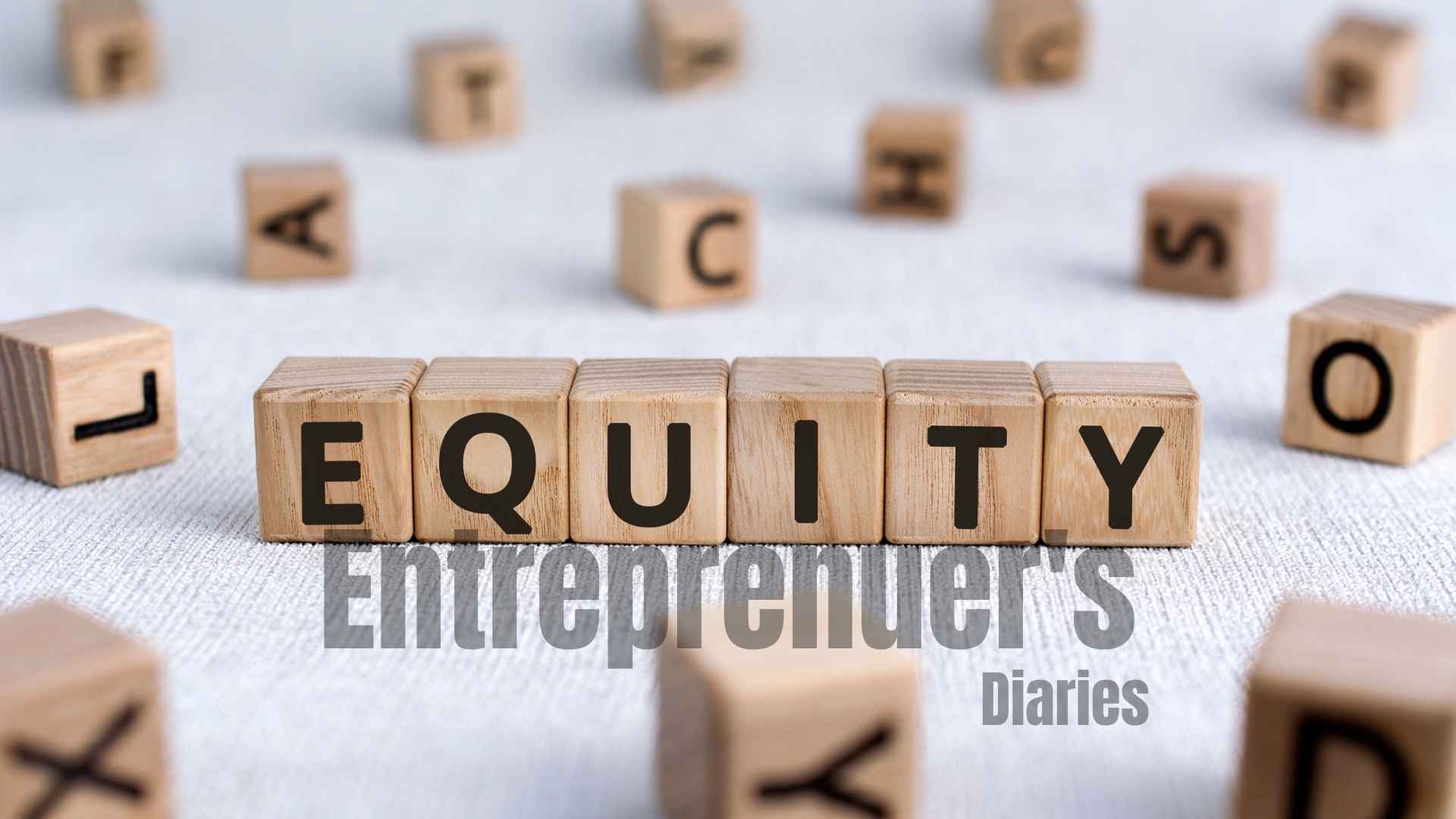Every founder eventually collides with the same harsh math. You start out owning it all. Then the first investor check clears, a term sheet gets signed, and suddenly the piece of the company you swore you’d never give up is smaller. That quiet erosion has a name: equity dilution.
The Mechanics Behind the Pain
Equity dilution isn’t complicated. A company issues more shares, the overall pie gets bigger, and your slice gets thinner. Morgan Stanley spells it out with brutal clarity. If you own 100 shares and that’s the whole company, you’re sitting at 100 percent. Add 25 new shares for outside investors, and your 100 becomes 80 percent. Nothing about your effort changed, but your stake just shrank.
DigitalOcean runs the same play with larger numbers. A founder holding 10,000 shares out of 100,000 looks solid at 10 percent. Once the company prints 20,000 new shares, the total jumps to 120,000. That 10 percent drops to a hair above 8.3. The founder worked just as hard on Monday as they did on Friday, but their ownership slipped because capital needed to come in.
Why Founders Accept It Anyway
The uncomfortable truth is dilution funds growth. Startups sell equity to hire, scale, or outpace competitors. Mature companies issue shares to pay for acquisitions or fill an employee stock pool. Carta, which tracks cap tables across the industry, calls dilution unavoidable if you want to build something that lasts. It is the fuel that keeps the engine running, even as it chips away at control.
What Shareholders Really Lose
On paper, dilution reduces voting power and lowers earnings per share. Investopedia highlights that EPS takes a direct hit: more shares mean profits get spread thinner. That erosion makes Wall Street nervous, and it’s why big investors often negotiate anti-dilution clauses.
Yet there’s another side. If new capital pushes valuation higher, those same diluted shares can still climb in value. Morgan Stanley points out that percentage ownership and share price are two different games. Losing ground in one does not always mean losing money in the other.
The Fight to Protect Stakes
Savvier investors rarely step into a deal without safeguards. Anti-dilution protections show up in most term sheets. Full ratchet clauses guarantee early investors get repriced if the company later raises at a discount. Weighted average formulas balance it more gently, smoothing out the impact. Either way, these clauses shift risk back onto founders and future investors.
The Founder’s Crossroads
This is where the grind gets real. Lighter Capital notes that early founders who start with 100 percent often end up under 35 percent by the time a company is late-stage. It is a death by a thousand cuts: each round feels small, but over years the founder can find themselves a minority in the business they created. Wikipedia’s breakdown of founder ownership curves shows the pattern is consistent, not anecdotal.
Silicon Valley Bank’s advice is blunt: raise only what you need, when you need it. Every extra dollar in early stages is more expensive because valuations are lower. Waiting until the company earns a stronger valuation gives you leverage. Timing capital raises right is the difference between keeping control and watching it slip.
The Reality No One Escapes
Dilution is the tax on growth. It is not evil, not a scam, not avoidable if you want to scale past your own wallet. It is simply the rulebook the market plays by. Founders trade slices of ownership for bigger companies. Investors accept erosion in exchange for upside protection. Employees gamble on stock options that may or may not be worth anything down the line.
The math doesn’t care who worked the longest nights or who took the first risk. It just keeps running in the background, recalculating every time new shares hit the table. For anyone building or backing a company, understanding dilution isn’t optional. It’s survival.
Connect With Us On Social Media [ Facebook | Instagram | Twitter | LinkedIn ] To Get Real-Time Updates On The Market. Entrepreneurs Diaries Is Now Available On Telegram. Join Our Telegram Channel To Get Instant Updates.
Tokyo-based CFA translating global markets into clear insights for modern entrepreneurs.






